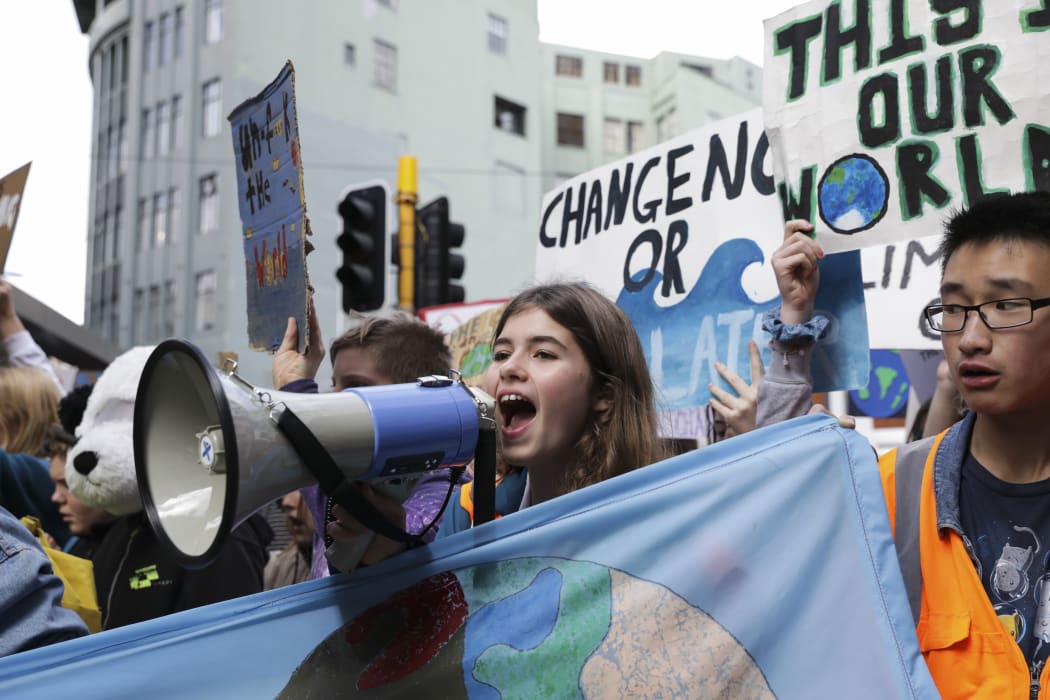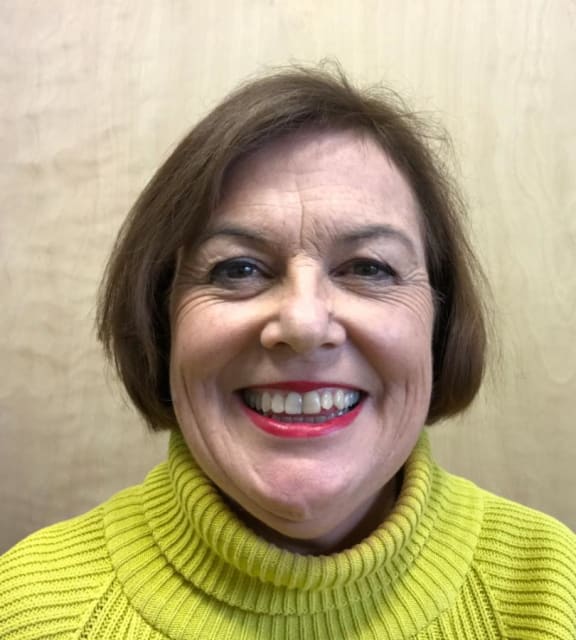Last week, the UN issued a report containing dire warnings about climate change.
It's now clear that just as we've had to adjust our lives for Covid-19, we urgently need to reorganise our lives around using less carbon, says Kiwi political scientist Bronwyn Hayward, a core writer for the UN's Intergovernmental Panel on Climate Change (IPCC).

Photo: RNZ / Ana Tovey

Political scientist Bronwyn Hayward Photo: University of Canterbury
We already knew from the IPCC's 2018 report that climate change is underway but this latest report really confirms it's happening faster than we expected, Hayward tells Karyn Hay.
In New Zealand, although we really need major change at an industrial level to make a difference, on a household level we have the most control over greenhouse emissions via
what we're eating, what we're building our homes out of and transport.
Cars are our biggest spender of carbon and improving Auckland's public transport would be the easiest win for the government in terms of investing in the fight against climate change, she says.
"It's great that we are moving to electric cars but they're not affordable for everyone and it's not the solution everywhere. A big investment in public transport would make a really big difference but it needs to be bold."
The report also suggests the dairy industry's days are numbered as it confirmed the environmental risks of methane, Hayward says.
While individual farmers can do a lot to manage nitrogen and methane on farms, maintaining such a large number of livestock in New Zealand isn't compatible with a low-carbon economy, she says, and people around the world are increasingly aware of that.
Swedish climate campaigner Greta Thunberg's criticism of New Zealand's climate policy on Twitter last year would have been seen by millions of people and will have an impact on New Zealand trade, Hayward says.
"[Public messages like that] have a knock-on effect for other businesses and New Zealand's brand when people start going 'hang on a minute. What are those guys doing over there? Are they as green as they claim to be?'"
Historically, the New Zealand government has pushed the dairy industry over other forms of food production and we need to support farmers in the process of transitioning away from that, Hayward says.
"Farmers responded to those signals [to get into dairy production]. We can't just leave them and say you're on your own now. Actually, we need to think about ways to support the industry."
Undoing the way our economy relies on fossil fuels will take time and involve some really hard conversations about New Zealand as a country, she says.
"If it was just the carbon we would have fixed it ages ago, it's the way we've organised our economy, it's the history of how we developed, it's our colonisation. And everybody goes 'What? How is that possibly connected to climate?'"
The School Strike 4 Climate protests around New Zealand were effective in bringing the threat of climate change into the here and now, Hayward says.
"[They] shifted it from being a really technical issue about carbon and parts per million - stuff that people don't understand - to what kind of future do we want to leave for kids? And that's a conversation we can all be part of.
"Just like how we've had to for Covid, how are we going to organise our lives around using less carbon? … It's never going to be easier to tackle climate change than it is right now."
Bronwyn Hayward MNZM is a professor in the Department of Political Science and International Relations at the University of Canterbury and director of The Sustainable Citizenship and Civic Imagination Research group.

